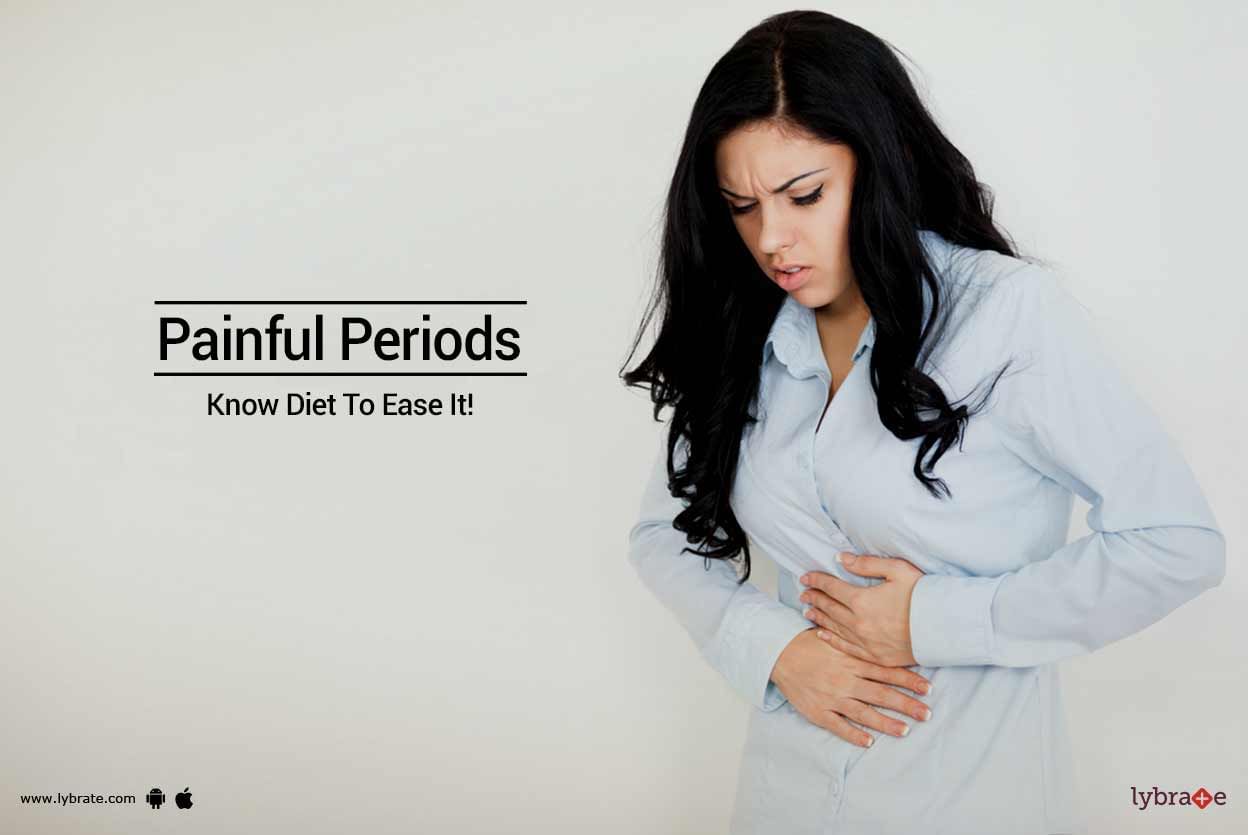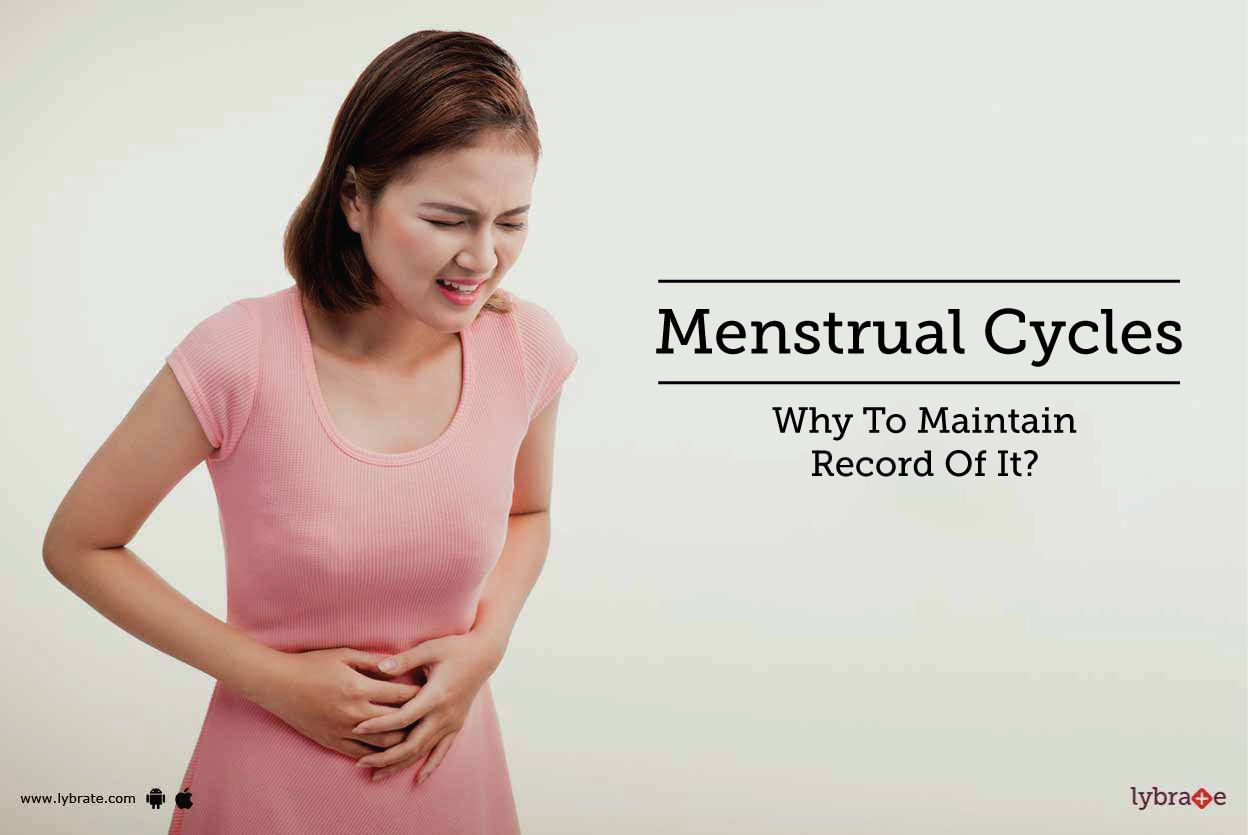Get the App
For Doctors
Login/Sign-up
About
Health Feed
Find Doctors
Health Packages
AllQ&AsTipsQuizzes
Menstrual Disorders Tips
Last Updated: 6 years ago• Featured Tip
Share
Bookmark
Report
Excessive release or flow of blood during the menstrual cycle or periods is referred to as menorrhagia. It is an abnormally long-lasting and heavy menstrual period at regular intervals. It usually occurs in premenopausal women, affecting their overall health, decreasing the quality of life, weakness and many interruptions in their lifestyle.
As a treatment for menorrhagia, homeopathy has shown proven results. The medicines maintain the emotional, mental, physiological and immune reactio...more
As a treatment for menorrhagia, homeopathy has shown proven results. The medicines maintain the emotional, mental, physiological and immune reactio...more
Last Updated: 6 years ago• Featured Tip
Share
Bookmark
Report
Premenstrual syndrome is a common condition that affects women who are menstruating. A multitude of psychological and physical symptoms might show up before the onset of a menstrual period. What causes PMS is unknown, but fluctuating hormonal levels (progesterone and oestrogen) seem to be linked to it.
Symptoms:
PMS has many symptoms. These vary in severity and frequency and aren t the same in every woman. These are the common symptoms of PMS:
1. Tenderness of breasts<...more
Symptoms:
PMS has many symptoms. These vary in severity and frequency and aren t the same in every woman. These are the common symptoms of PMS:
1. Tenderness of breasts<...more
Last Updated: 6 years ago• Featured Tip
Share
Bookmark
Report
Menstrual cramps are not new to women after puberty, and generally, are manageable without specific care. However, when the abdominal cramps interfere with your regular activities, it is important to take some steps in relieving it. The pain is usually caused by chemicals known as prostaglandins that promote inflammation and aid in blood vessel constriction as well as the contraction of muscles. The chemical breaks down during menstruation while constricting blood vessels in the uterus which cau...more
Last Updated: 6 years ago• Featured Tip
Share
Bookmark
Report
Menstrual cycles are really hectic for a woman to tackle all the time. Sometimes they result to different abnormalities which can be caused due to a lot of various reasons. But if you are experiencing some serious problems every month then you should visit the doctor and do a checkup. You should never neglect any kind of medical disorder which is often related to your menstrual cycle.
One of the most common problem which many women face is abnormal uterine bleeding. It is a serious prob...more
One of the most common problem which many women face is abnormal uterine bleeding. It is a serious prob...more
Last Updated: 6 years ago• Featured Tip
Share
Bookmark
Report
Menstrual cycles are a part and parcel of a woman s life. Every woman knows the reasons behind these cycles and what to do during this time. But there are many other facets that are unknown to most women. This article highlights five important aspects of your menstrual cycle which you were probably not aware of till now.
Cycles do not protect women from pregnancy: For ages, it has been pointed out that a woman cannot get pregnant during the menstruation period. This is nothing, but a sh...more
Cycles do not protect women from pregnancy: For ages, it has been pointed out that a woman cannot get pregnant during the menstruation period. This is nothing, but a sh...more
Last Updated: 6 years ago• Featured Tip
Share
Bookmark
Report
Skin conditions related to thyroid disorders are very common. Thyroid problems arise when the level of TSH goes up or down abnormally, or when something goes wrong with the thyroid gland itself. As a result, the thyroid fails to perform its normal functions such as regulating your metabolism, body temperature, heart rate etc.
The scientific name for skin problems associated with thyroid disorder is Myxedema. Skin disorders are caused when the amount of glycosaminoglycan deposits in your...more
The scientific name for skin problems associated with thyroid disorder is Myxedema. Skin disorders are caused when the amount of glycosaminoglycan deposits in your...more
Last Updated: 6 years ago• Featured Tip
Share
Bookmark
Report
Uterine fibroids, also known as leiomyomata, are non-cancerous growths which develop in and around the uterus or the womb and form benign tumors in course of time. Though there are several types of uterine fibroids, they are all consistently similar in their genetic makeup. They are generally classified depending on their specific locations:
Myometrial or intramural fibroids
Submucosal fibroids
Subserosal fibroids
Pedunculated fibroids
Signs and symptoms
In most...more
Myometrial or intramural fibroids
Submucosal fibroids
Subserosal fibroids
Pedunculated fibroids
Signs and symptoms
In most...more
Last Updated: 6 years ago• Featured Tip
Share
Bookmark
Report
With an upsurge in the number of women suffering from dysfunctional reproductive systems and a myriad of gynecological problems, resulting in irregular periods, infertility and several other complications, it is of paramount importance to keep a record of the dates and duration of your monthly cycles. This is not only useful for future reference when you visit a gynecologist, but it also helps you to understand if there are delays in period or excess of bleeding in any particular month.
more
more
Last Updated: 6 years ago• Featured Tip
Share
Bookmark
Report
The lack of libido after pregnancy is common in women. Almost every woman goes through this phase. Apart from hormonal imbalance, there could be a range of other factors, such as fatigue, distraction and psychological fear that may contribute to it. Doctors often suggest refraining from sex for six months after the baby is born. If, however, you still suffer from a lack of sexual urge, here is a checklist that could help you to reignite the old spark.
Communicate with your partner: Talk...more
Communicate with your partner: Talk...more
Last Updated: 6 years ago• Featured Tip
Share
Bookmark
Report
Menstruation is the monthly discharge of blood from the vagina, which lasts for about 5 to 6 days. It is the shedding of the inner lining of the uterus, when pregnancy does not occur after the release of an egg from the ovary. Menstrual periods are generally often accompanied by painful cramps in the lower abdomen, heavy bleeding, weakness, water retention, irritability and malaise.
What is Menorrhagia?
Very heavy or prolonged periods are medically termed as menorrhagia. It is ...more
What is Menorrhagia?
Very heavy or prolonged periods are medically termed as menorrhagia. It is ...more
Book appointment with top doctors for Menstrual Disorders treatment
View fees, clinic timings and reviews
Ask a free question
Get FREE multiple opinions from Doctors
posted anonymously





















